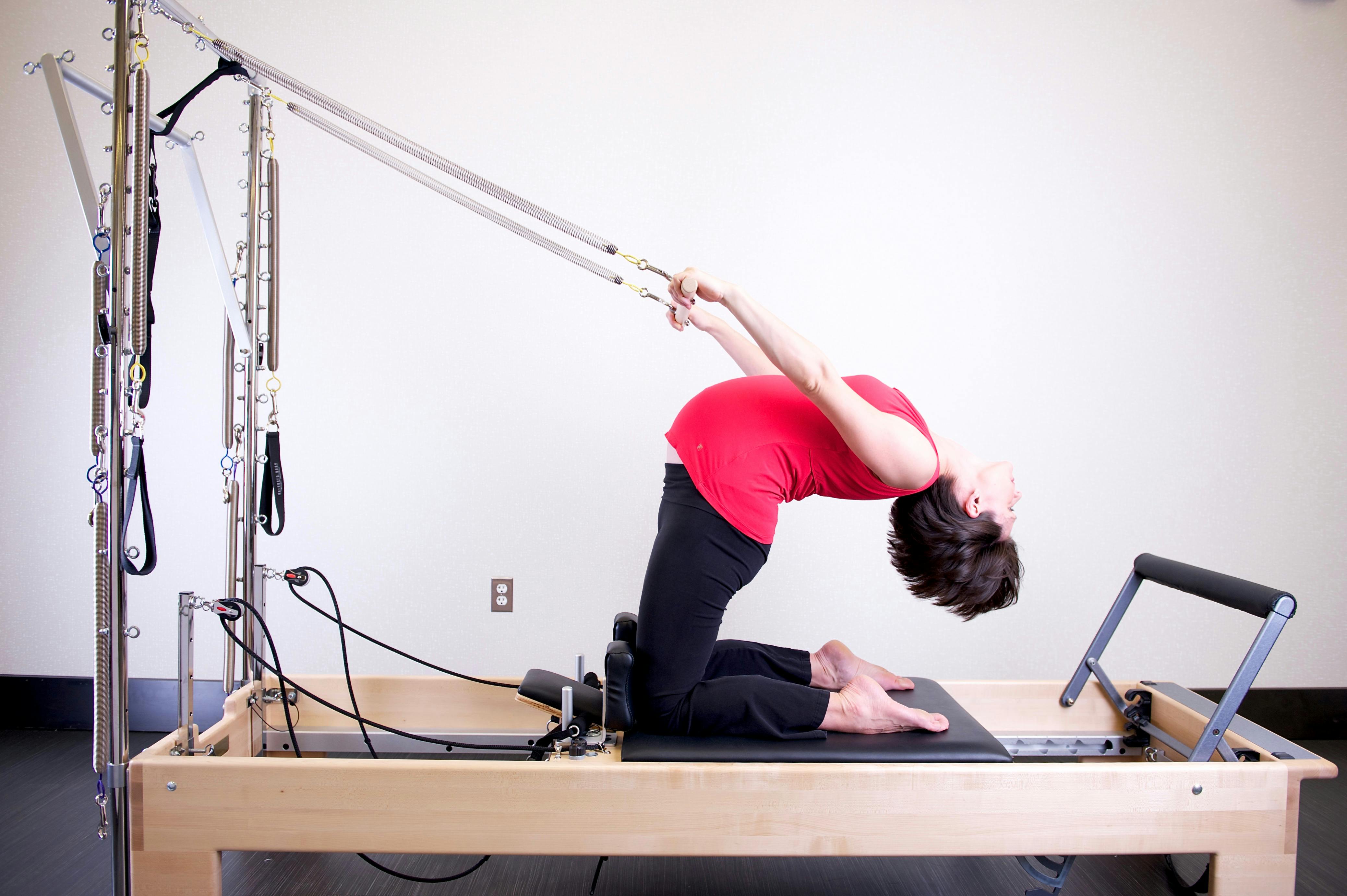
6 Surprising Benefits of Pilates Every Woman Over 60 Should Know
Grace, strength, and confidence don't have an expiration date, and Pilates proves it. This low-impact workout is helping women over 60 rediscover flexibility, balance, and vitality in ways that transform both body and mind.
Pilates is more than just a fitness trend — it's a full-body, low-impact form of exercise that strengthens and aligns the body from the inside out. Regardless of age, fitness level, or experience, it's never too late to begin a Pilates practice. In fact, it's one of the most beneficial forms of movement for women over 60.
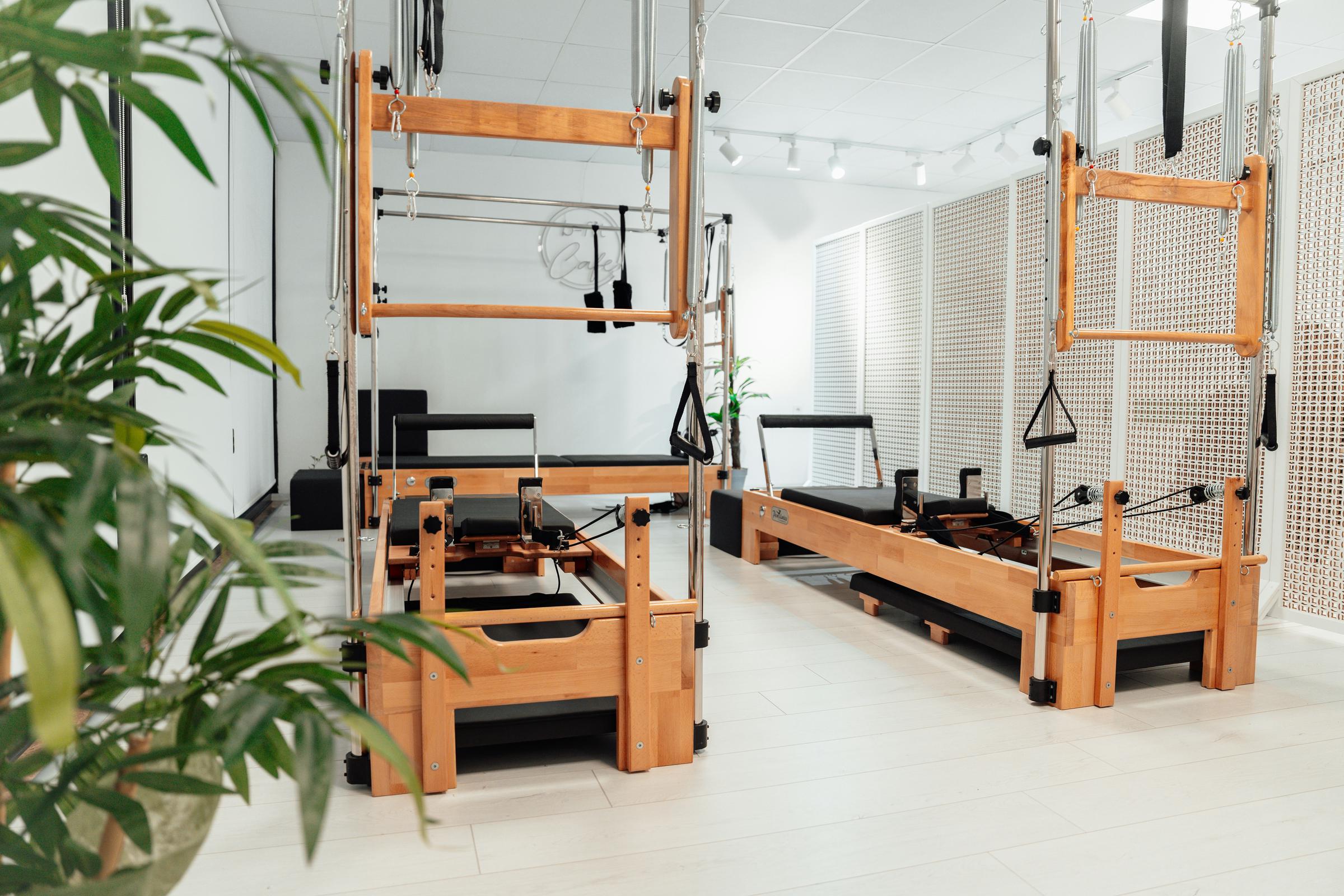
Pilates equipment | Source: Unsplash
Below are six key benefits of Pilates for older adults that go beyond flexibility and tone — they support your bones, balance, and overall well-being.
1. Pilates Improves Bone Density
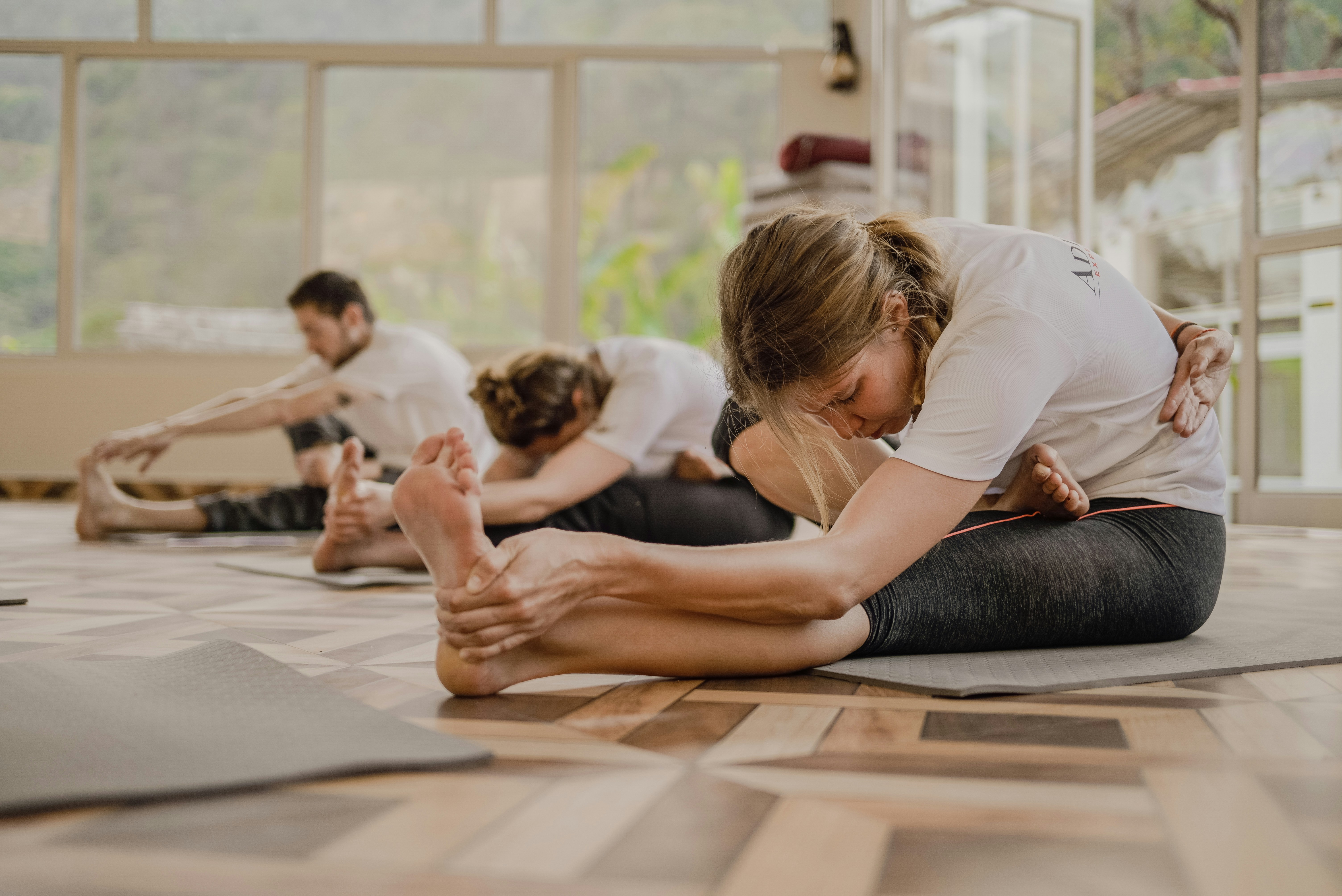
A group stretching their bodies | Source: Unsplash
As women age, maintaining bone density becomes essential to counteract osteopenia and osteoporosis. Engaging in weight-bearing exercises helps slow the natural deterioration of bone tissue.
While mat-based Pilates provides excellent core engagement, exercises performed on the Pilates Reformer, Tower, or Cadillac, use spring resistance as "weights." This added resistance makes equipment-based Pilates especially effective for building and preserving bone density.
2. Pilates Improves Posture
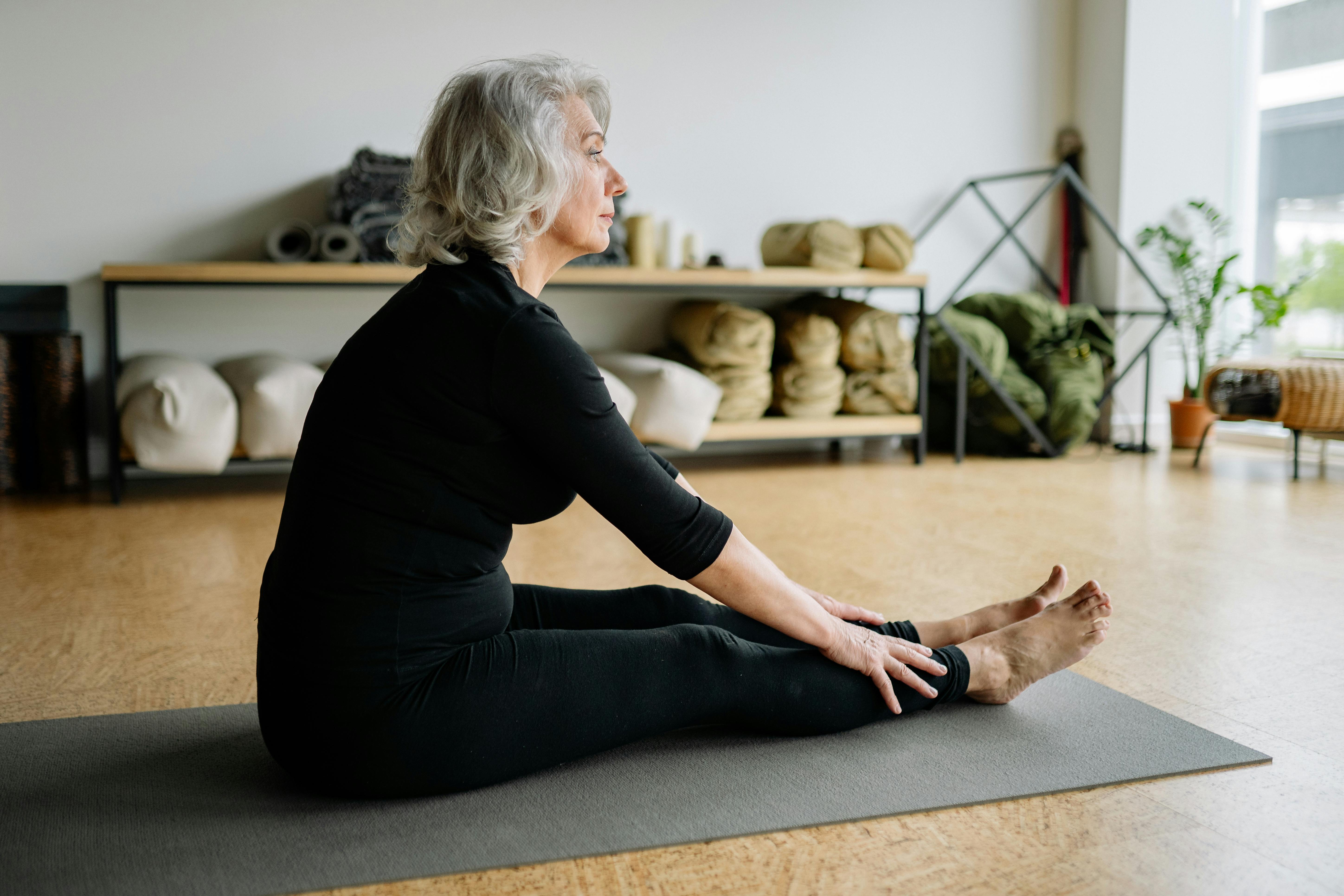
A woman sitting on a yoga mat | Source: Pexels
Poor posture is often one of the most visible signs of aging. Over time, weakened muscles and spinal changes can lead to slouching and discomfort. Pilates, however, focuses on aligning and balancing the body, with an emphasis on creating ease and mobility in your joints.
Through mindful movement, the practice develops both strength and flexibility — two factors that support better posture and reduce joint compression. Some studies even suggest Pilates can help maintain bone density, indirectly contributing to a stronger, more upright spine.
3. Pilates Improves Balance and Gait
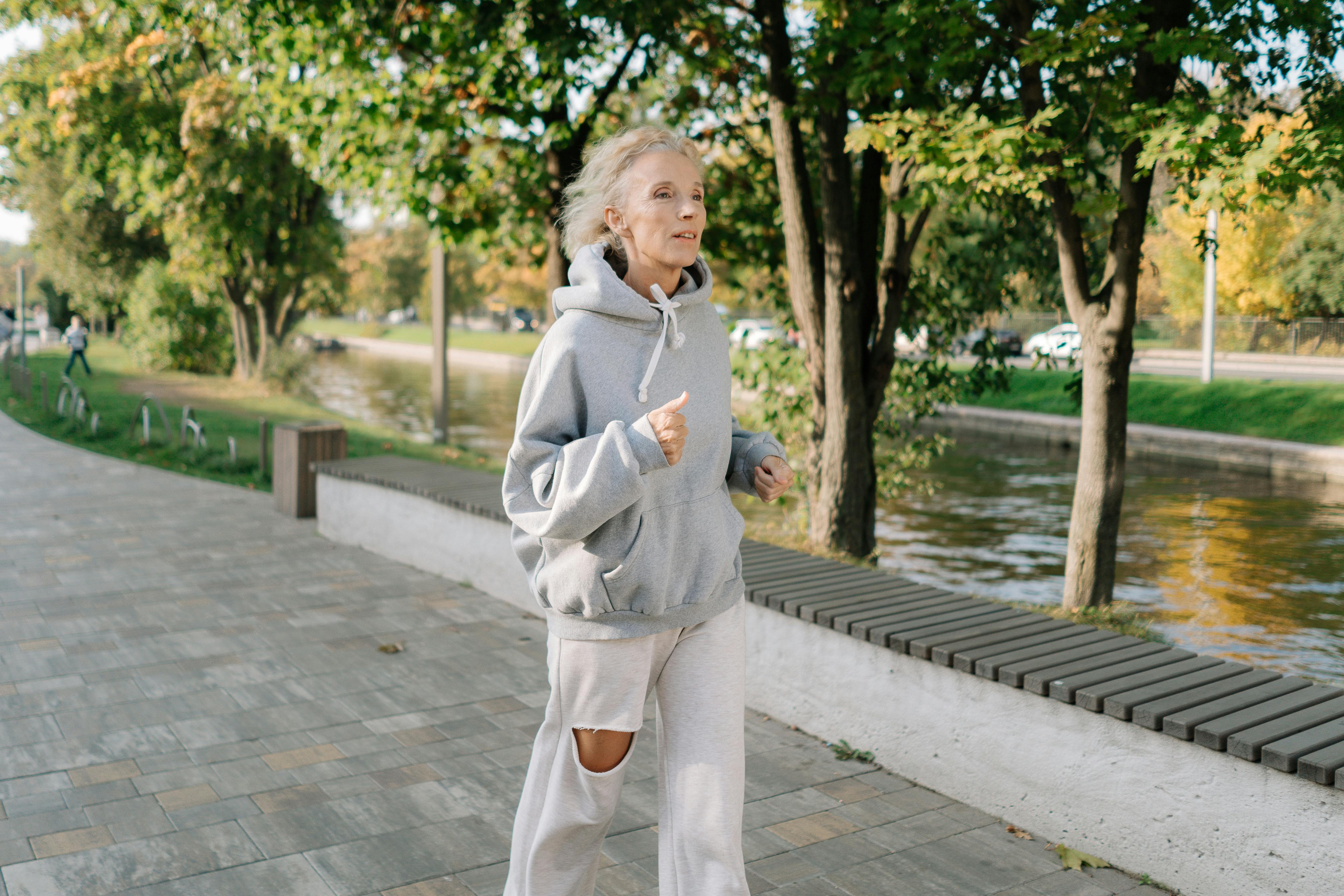
An elderly woman jogging | Source: Pexels
Good balance is crucial for maintaining independence and preventing falls. As we age, changes in gait and coordination are common, but Pilates can help restore control and confidence in movement. It targets the trunk, hips, feet, and ankles to enhance stability and walking ability.
A well-rounded Pilates routine will build strength and stability and improve balance, decreasing your risk of falls and fractures. Improved lower limb strength also supports a steadier gait — an important marker of overall mobility and reduced fall risk.
4. Pilates Improves Mobility

A woman sitting on a chair | Source: Pexels
Mobility, the ability to move freely and with control, depends on both strength and flexibility. Focusing only on one aspect can leave the body either stiff or unstable, increasing injury risk.
Pilates strikes the perfect balance by strengthening while lengthening the muscles. This combination allows for smoother movement in daily life, reducing stiffness and promoting independence as you age.
5. Pilates Improves Your Mood
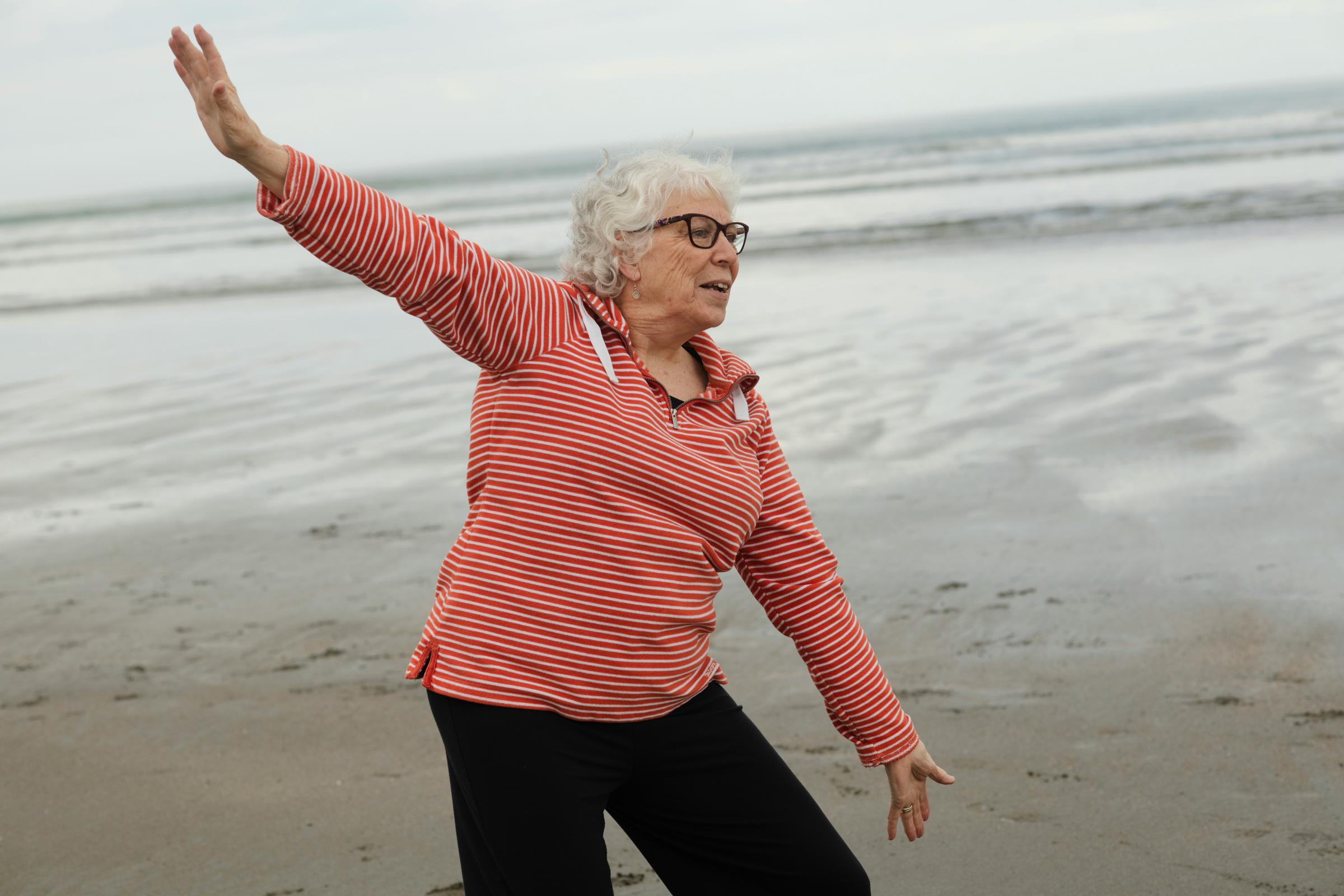
An elderly woman in a good mood | Source: Unsplash
Pilates is as much a mental practice as it is physical. Built on the connection between breath and movement, it encourages mindfulness and body awareness. Focusing inward and breathing builds self-awareness and calms your nervous system.
Mental well-being plays a vital role in healthy aging. Studies have shown that Pilates can boost life satisfaction, improve mood, and enhance overall quality of life — making it not just an exercise, but a form of self-care.
6. Pilates Decreases Back Pain and Prevents Injuries
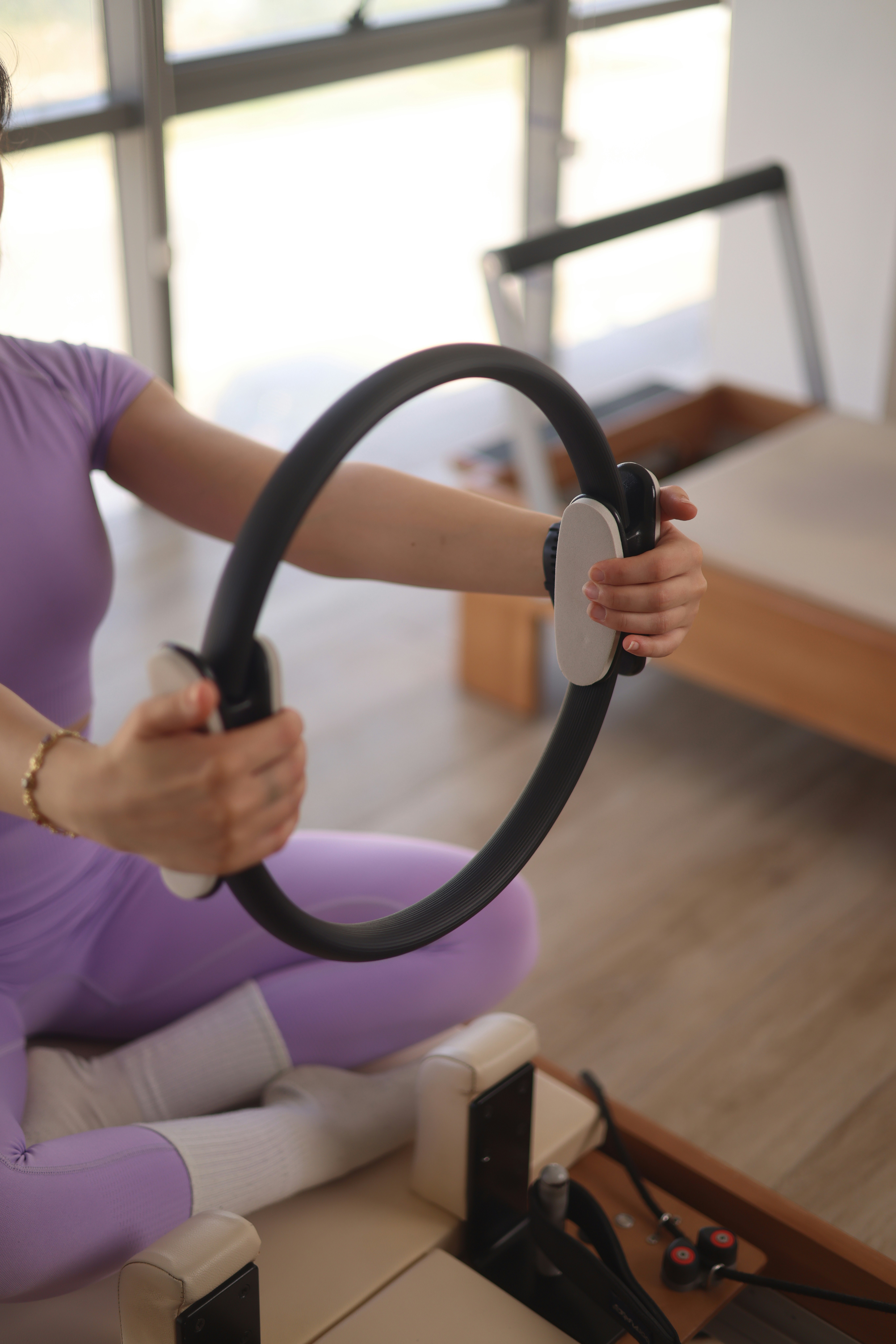
A woman holds on to a Pilates ring | Source: Unsplash
Back pain is one of the most common complaints among older adults, often stemming from weak core muscles. Pilates directly addresses this by targeting the body's powerhouse — the core.
Pilates targets your core, a supple brace that houses, lifts, and supports your organs and spine. A stronger core means better posture and less strain on the lower back.
Additionally, Pilates promotes joint stability and coordination, helping to prevent injuries before they happen. The practice enhances self-awareness and a deeper connection to your body, which improves proprioception — your ability to sense and control movement safely.
The Bottom Line
As muscle strength naturally declines with age, staying active becomes increasingly important. Research shows that people who practice Pilates often see significant increases in their strength while enjoying better posture, balance, and confidence in daily movement.
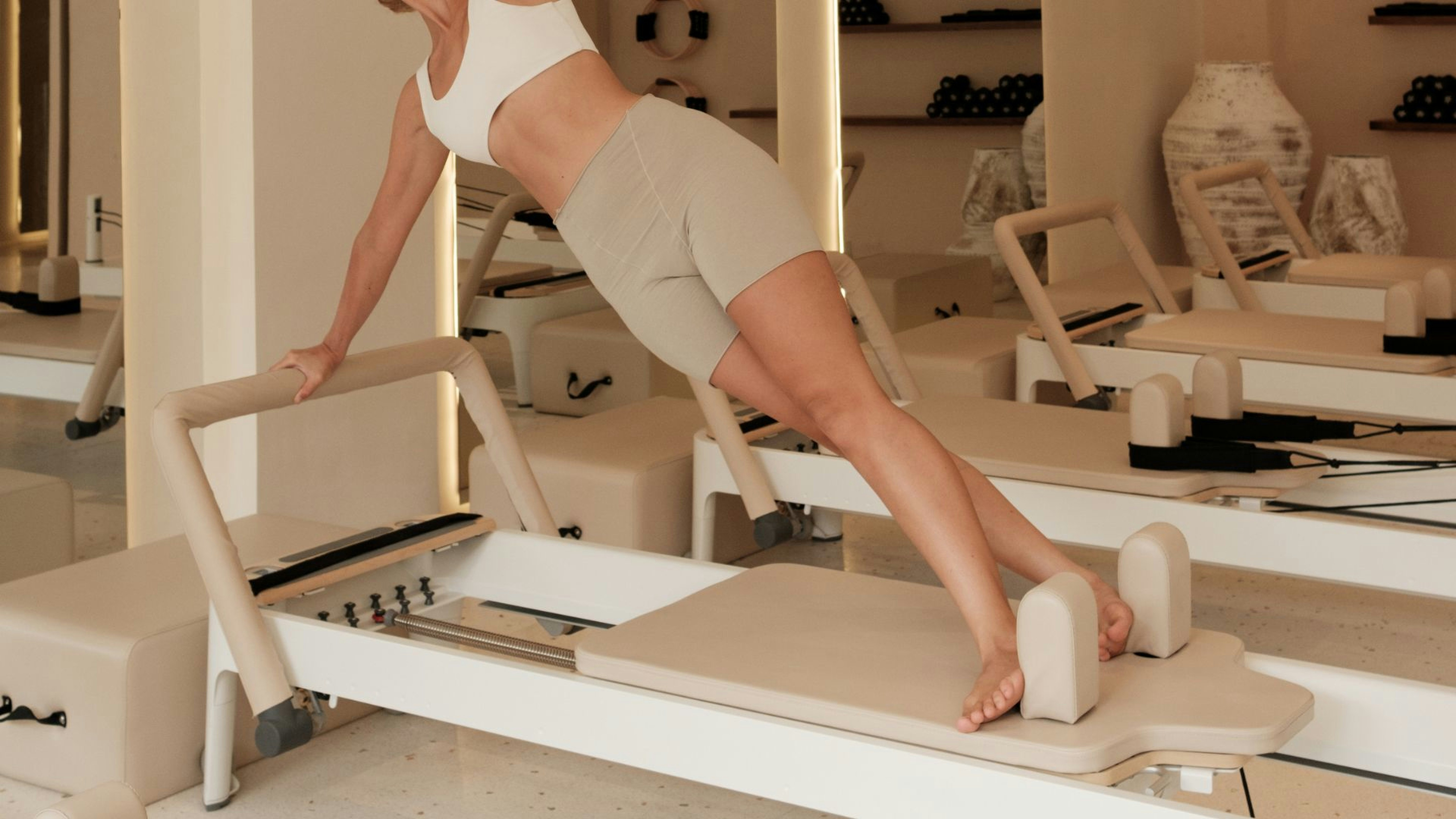
A woman on a pilates reformer | Source: Unsplash
For women over 60, Pilates offers a sustainable, empowering path toward longevity — nurturing both body and mind for years to come.